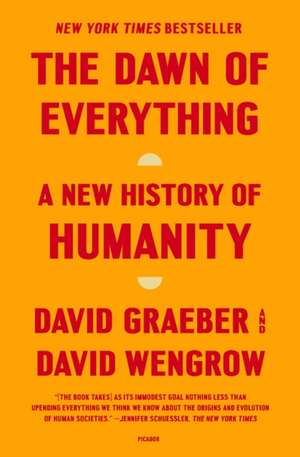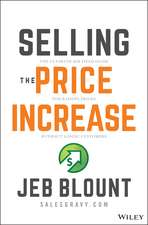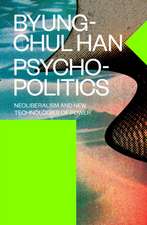The Dawn of Everything
Autor David Graeber, David Wengrowen Limba Engleză Paperback – 4 apr 2023
A dramatically new understanding of human history, challenging our most fundamental assumptions about social evolution-from the development of agriculture and cities to the origins of the state, democracy, and inequality-and revealing new possibilities for human emancipation.
For generations, our remote ancestors have been cast as primitive and childlike-either free and equal innocents, or thuggish and warlike. Civilization, we are told, could be achieved only by sacrificing those original freedoms or by taming our baser instincts. In their major New York Times bestseller, The Dawn of Everything, David Graeber and David Wengrow fundamentally challenge these assumptions and recast our understanding of human history. We will never again see the past in the same way.
Drawing on pathbreaking research in archaeology and anthropology, Graeber and Wengrow reveal how history becomes a far more interesting place once we learn to throw off our conceptual blinders and perceive what's really there. If humans did not spend 95 percent of their evolutionary past in tiny bands of hunter-gatherers, what were they doing during all that time? If agriculture and cities did not mean a plunge into hierarchy and domination, then what kinds of social and economic organizations did they lead to? The answers are often unexpected, and suggest that the course of human history may be less set in stone, and more open to playful, hopeful possibilities, than we tend to assume.
Destined to be a classic, The Dawn of Everything signals a paradigm shift, profoundly transforming our understanding of the human past and making space to imagine new forms of freedom, new ways of organizing society. This is a monumental book of formidable intellectual and political range, animated by curiosity, moral vision, and hopefulness.
| Toate formatele și edițiile | Preț | Express |
|---|---|---|
| Paperback (2) | 73.28 lei 26-32 zile | +56.20 lei 7-13 zile |
| Penguin Books – 2 iun 2022 | 73.28 lei 26-32 zile | +56.20 lei 7-13 zile |
| Pan Macmillan – 4 apr 2023 | 97.91 lei 3-5 săpt. | +21.49 lei 7-13 zile |
| Hardback (1) | 222.19 lei 3-5 săpt. | +55.16 lei 7-13 zile |
| MACMILLAN USA – 9 noi 2021 | 222.19 lei 3-5 săpt. | +55.16 lei 7-13 zile |
Preț: 97.91 lei
Nou
18.73€ • 19.61$ • 15.50£
Carte disponibilă
Livrare economică 15-29 martie
Livrare express 01-07 martie pentru 31.48 lei
Specificații
ISBN-10: 1250858801
Pagini: 720
Dimensiuni: 140 x 208 x 35 mm
Greutate: 0.52 kg
Editura: Pan Macmillan
Notă biografică
David Graeber and David Wengrow
Descriere
INSTANT NEW YORK TIMES BESTSELLER
A dramatically new understanding of human history, challenging our most fundamental assumptions about social evolution-from the development of agriculture and cities to the origins of the state, democracy, and inequality-and revealing new possibilities for human emancipation.
For generations, our remote ancestors have been cast as primitive and childlike-either free and equal innocents, or thuggish and warlike. Civilization, we are told, could be achieved only by sacrificing those original freedoms or by taming our baser instincts. In their major New York Times bestseller, The Dawn of Everything, David Graeber and David Wengrow fundamentally challenge these assumptions and recast our understanding of human history. We will never again see the past in the same way.
Drawing on pathbreaking research in archaeology and anthropology, Graeber and Wengrow reveal how history becomes a far more interesting place once we learn to throw off our conceptual blinders and perceive what's really there. If humans did not spend 95 percent of their evolutionary past in tiny bands of hunter-gatherers, what were they doing during all that time? If agriculture and cities did not mean a plunge into hierarchy and domination, then what kinds of social and economic organizations did they lead to? The answers are often unexpected, and suggest that the course of human history may be less set in stone, and more open to playful, hopeful possibilities, than we tend to assume.
Destined to be a classic, The Dawn of Everything signals a paradigm shift, profoundly transforming our understanding of the human past and making space to imagine new forms of freedom, new ways of organizing society. This is a monumental book of formidable intellectual and political range, animated by curiosity, moral vision, and hopefulness.

























